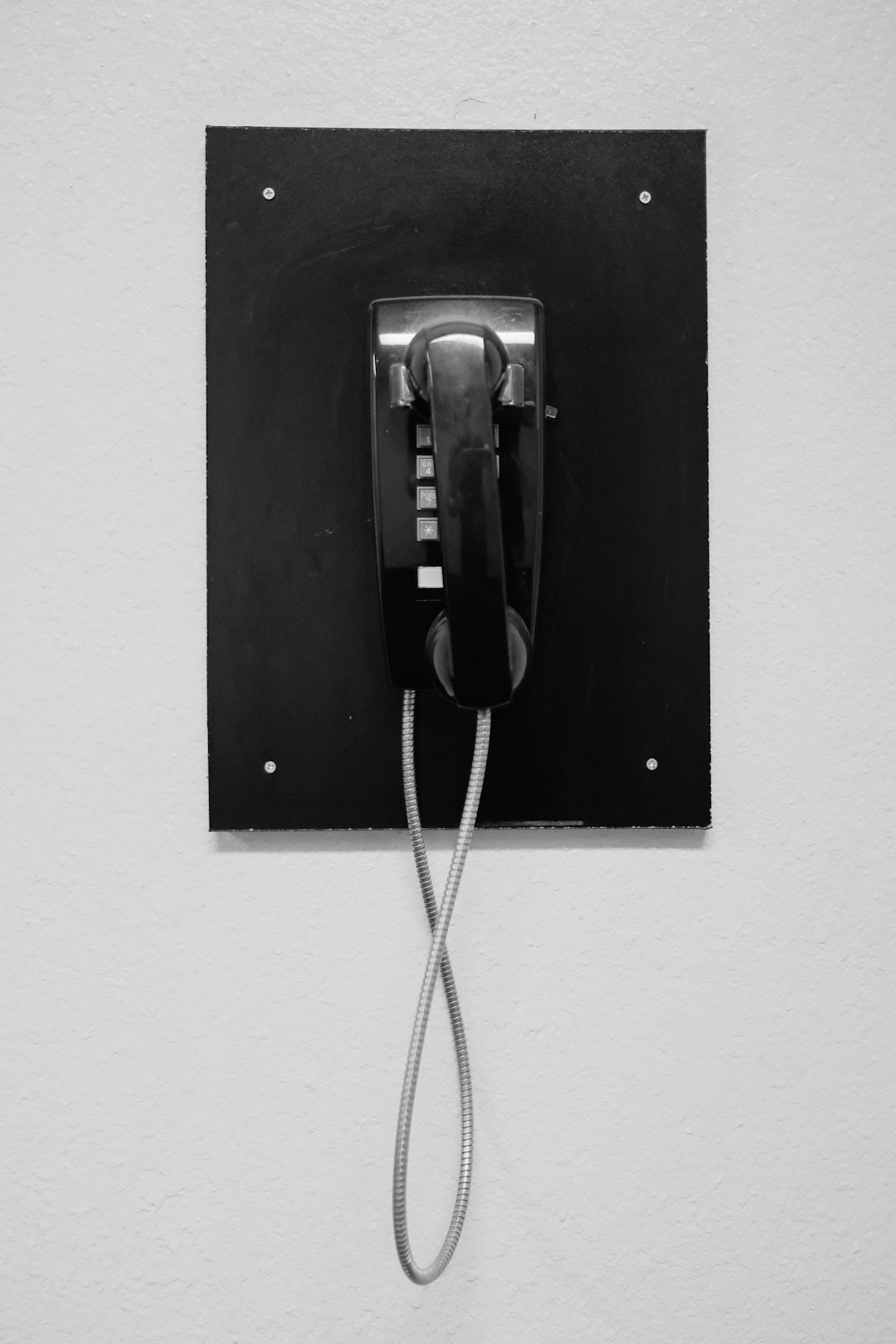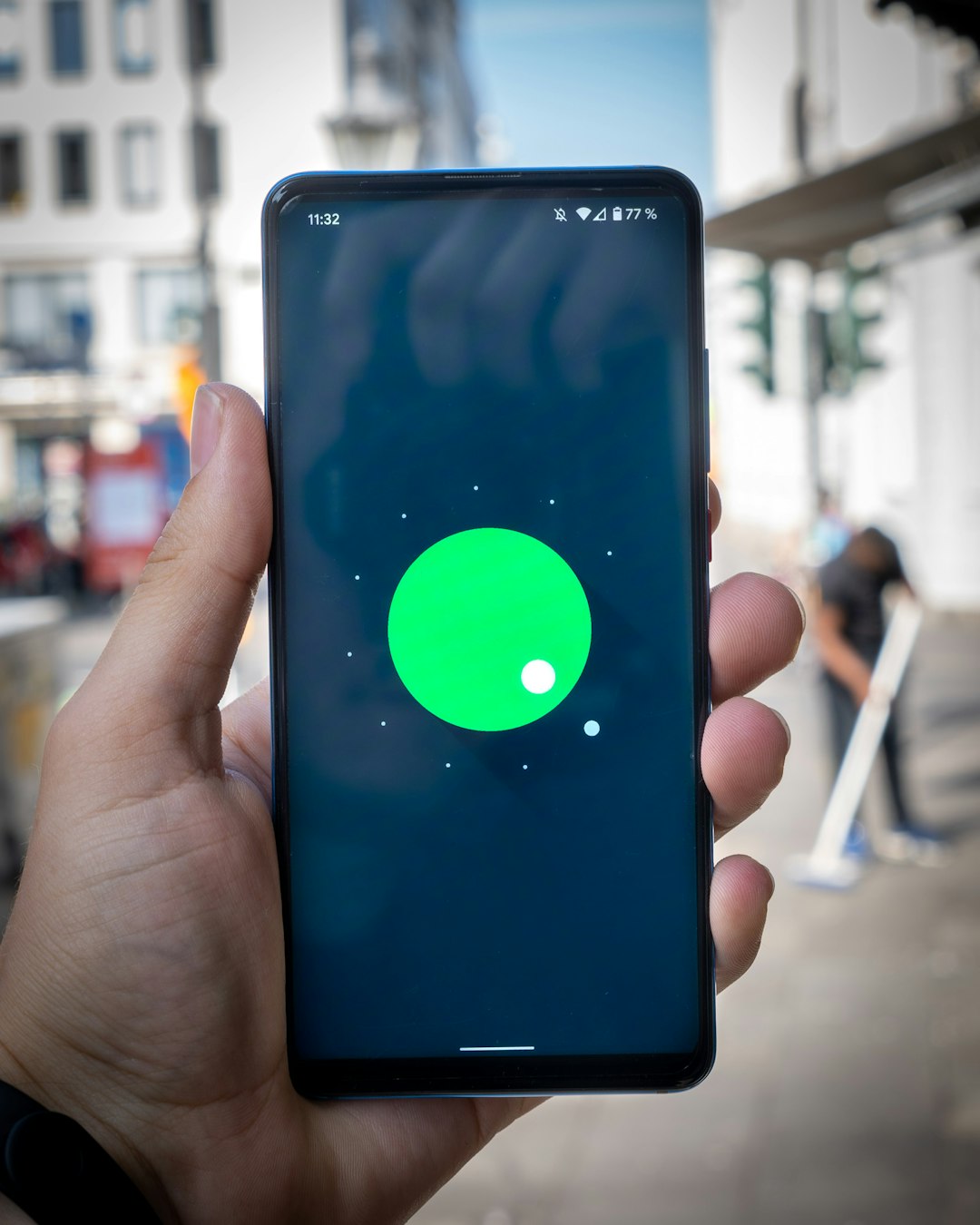Robocalls are a growing problem for local radio stations in Inverness and across the U.S., disrupting programming, reducing listener engagement, and saturating airwaves with unwanted messages. With legal protections offered by the Telephone Consumer Protection Act (TCPA), consulting a lawyer specializing in Robocall Mississippi can help combat this issue. Radio stations are responding by implementing caller ID screening, partnering with legal experts, and creating interactive content to reduce robocalls and enhance listener experiences. Effective strategies include blocking automated calls, collaborating with local businesses and professionals, and leveraging sponsored content to monetize audiences while maintaining engagement.
In today’s digital age, robocalls have become a pervasive and increasingly concerning issue for local media outlets, particularly radio stations in Inverness. This article delves into the impact of automated phone calls on listener engagement, exploring both the challenges they pose and potential solutions. We examine legal protections available to protect radio listeners from unwanted robocalls, offering practical strategies for station management. Additionally, case studies highlight successful approaches adopted by local radio stations across Mississippi, providing insights for other media professionals facing this modern dilemma.
Understanding Robocalls: A Growing Concern for Local Media

Robocalls have become a ubiquitous and increasingly annoying phenomenon, affecting local radio stations in Inverness and across the country. These automated phone calls, often used for marketing or political purposes, are a growing concern for media outlets that rely on direct community engagement. In today’s digital era, where communication channels are diverse, robocalls can seem like a relic from the past—but their impact is anything but outdated.
For local radio stations in Inverness, robocalls pose several challenges. They disrupt traditional listening experiences, displacing live programming and locally relevant content with pre-recorded messages. Additionally, they contribute to the saturation of unwanted calls, leading to decreased call-in participation and listener engagement. Even more concerning is the potential for robocalls to influence public discourse, as automated political messaging can oversaturate local airwaves, undermining the ability of genuine community voices to be heard. Seeking legal advice from a lawyer for Robocall Mississippi or similar regions could prove beneficial in combating this growing issue.
The Impact on Listener Engagement and Retention at Radio Stations

In the era of digital communication, robocalls have become a ubiquitous part of daily life, significantly impacting local radio stations in Inverness. These automated phone calls, often used for marketing or political purposes, can disrupt traditional listener engagement strategies employed by these stations. Radio hosts and broadcasters are now facing challenges in retaining their audiences due to the increasing number of robocalls, which may offer more immediate information or enticing promotions.
Listener retention is a critical metric for radio stations, and with the rise of robocalls, many stations are finding it harder to foster long-term relationships with their listeners. While some robocalls can provide valuable information, others are seen as intrusive and annoying, driving listeners towards alternative sources of entertainment. A lawyer specializing in Robocall Mississippi might suggest that understanding the balance between effective marketing and respecting listener privacy is crucial for radio stations to thrive in this competitive landscape.
Legal Aspects: Are There Protections in Place for Radio Listeners?

In the age of automated technology, robocalls have become a ubiquitous part of modern communication—but their impact on local radio stations is a growing concern. While these automated calls may serve various purposes, they can also disrupt and annoy listeners, especially when unsolicited. In terms of legal protections, the Telephone Consumer Protection Act (TCPA) in the United States provides guidelines to safeguard consumers from excessive or unauthorized robocalls. This federal law restricts businesses from making automated telephone calls without prior consent, giving radio listeners some recourse against unwanted calls.
For those seeking relief from persistent robocalls, contacting a lawyer for Robocall Mississippi could be beneficial. Legal experts specializing in TCPA cases can offer guidance and represent individuals or local radio stations that have been affected by illegal robocalling practices. By understanding their rights under the law, listeners and stations can take proactive measures to mitigate the disruption caused by these automated calls.
Strategies for Radio Stations to Combat Robocalls

Robocalls have become a significant nuisance for local radio stations in Inverness, much like they have across the nation, with many listeners frustrated by unwanted automated calls. To combat this issue, radio stations can employ several strategies to minimize their impact. Firstly, implementing robust caller ID screening systems can help identify and block robocalls before they reach the airwaves. This technology allows stations to create a barrier against automated calls, ensuring that only human callers are heard.
Additionally, partnering with legal experts specializing in robocall lawsuits, such as those offered by a lawyer for Robocall Mississippi, can empower radio stations to take a proactive approach. These legal professionals can guide stations on best practices for handling and responding to robocalls, including potential legal remedies. By staying informed and taking action, local radio stations in Inverness can protect their airtime and maintain a high-quality listening experience for their loyal audience.
Case Studies: Success Stories of Local Radio Stations Addressing Robocalls

Some local radio stations in Inverness have successfully navigated the challenges posed by robocalls, transforming them into opportunities for growth and engagement. These stations have implemented innovative strategies to combat automated calls, fostering a unique listener experience. For instance, one station launched an interactive segment during their morning show, encouraging listeners to call in and share their thoughts on current affairs. This approach not only reduced the impact of robocalls but also increased audience interaction, leading to higher ratings.
Additionally, several stations have partnered with local businesses and legal professionals, such as a lawyer for Robocall Mississippi, to create sponsored content. By integrating targeted advertising, these partnerships have allowed radio stations to monetize their audiences effectively while ensuring that listeners remain engaged. This creative approach has resulted in successful case studies, demonstrating that adapting to the era of robocalls can lead to remarkable achievements for local radio stations.






